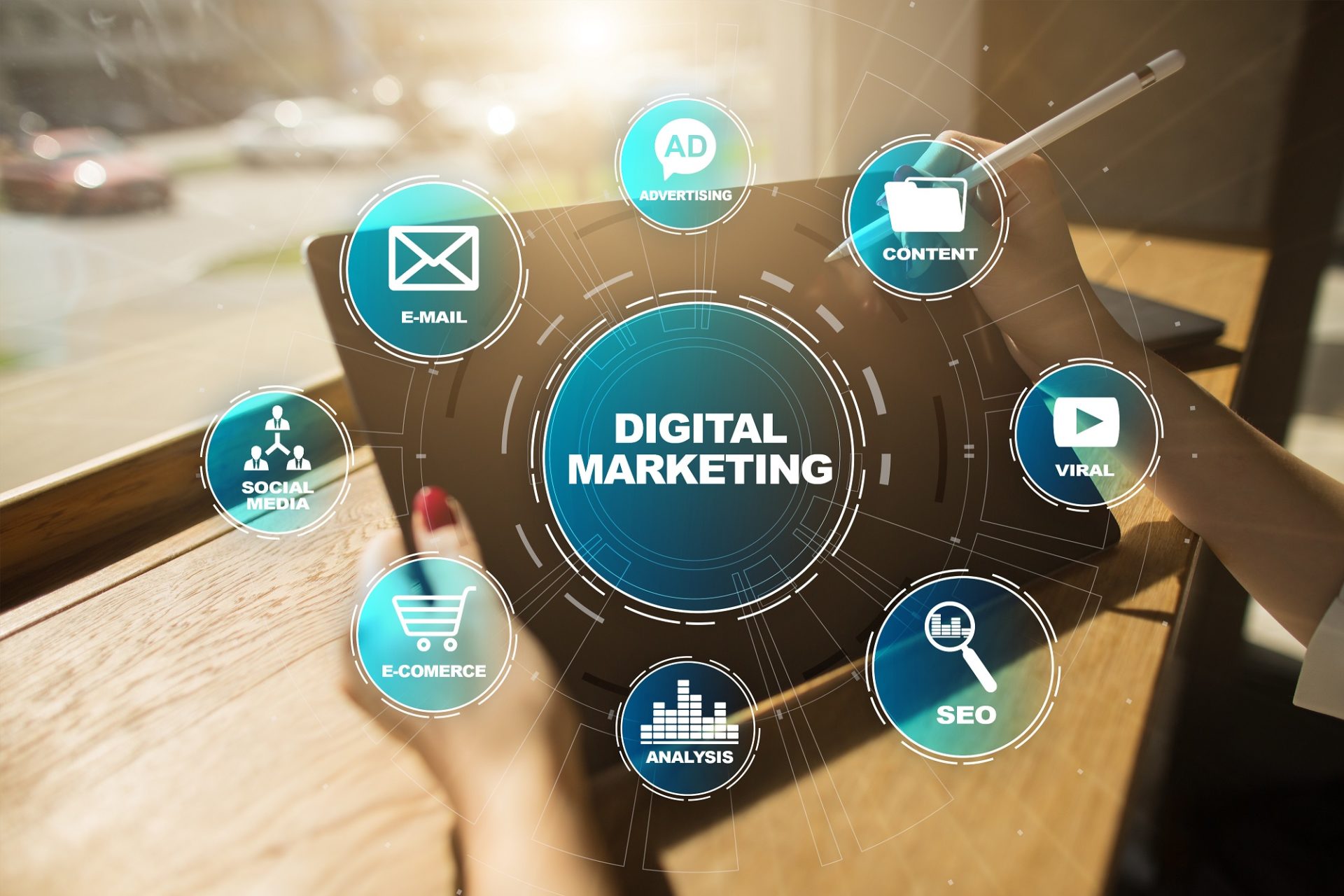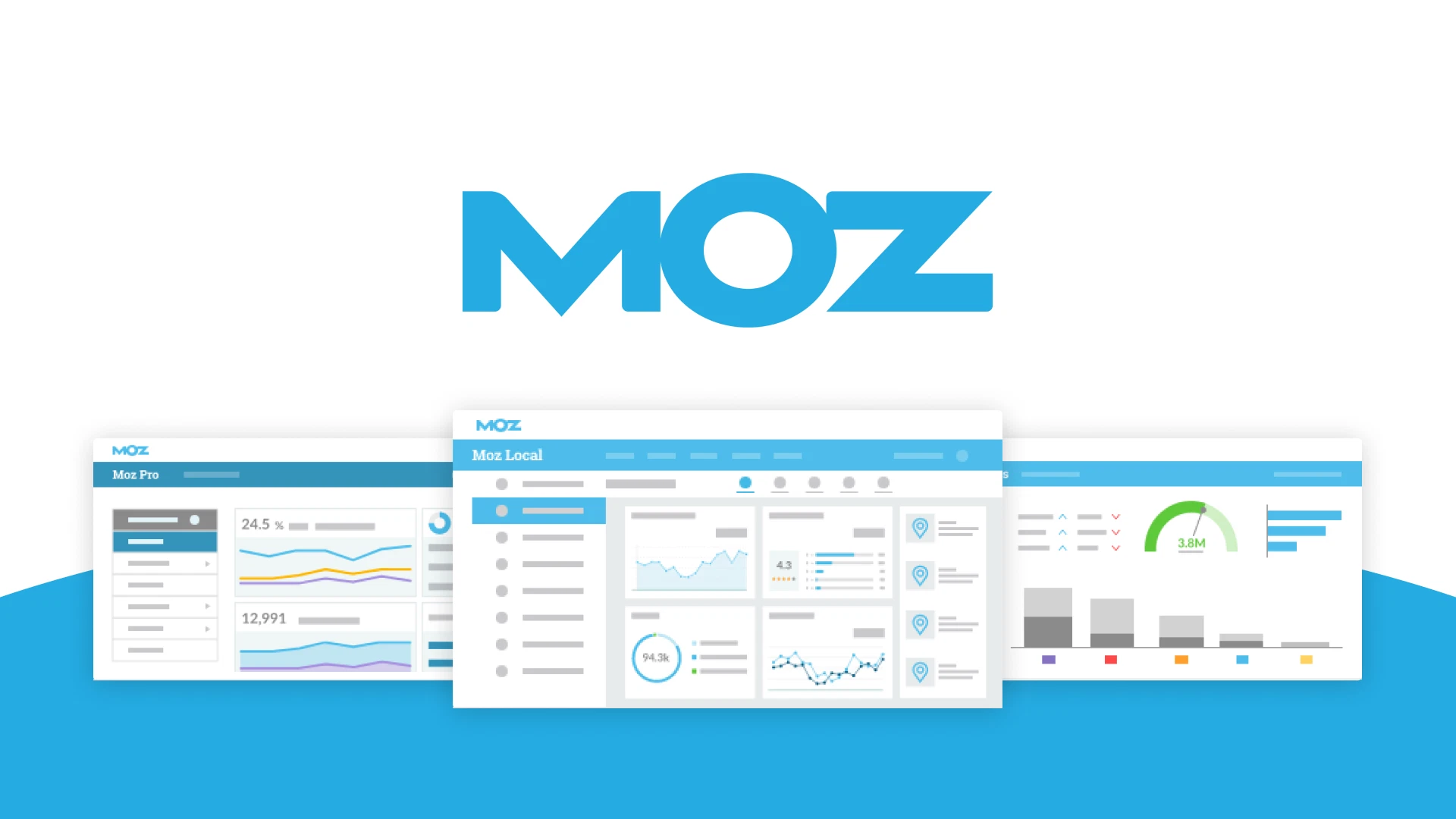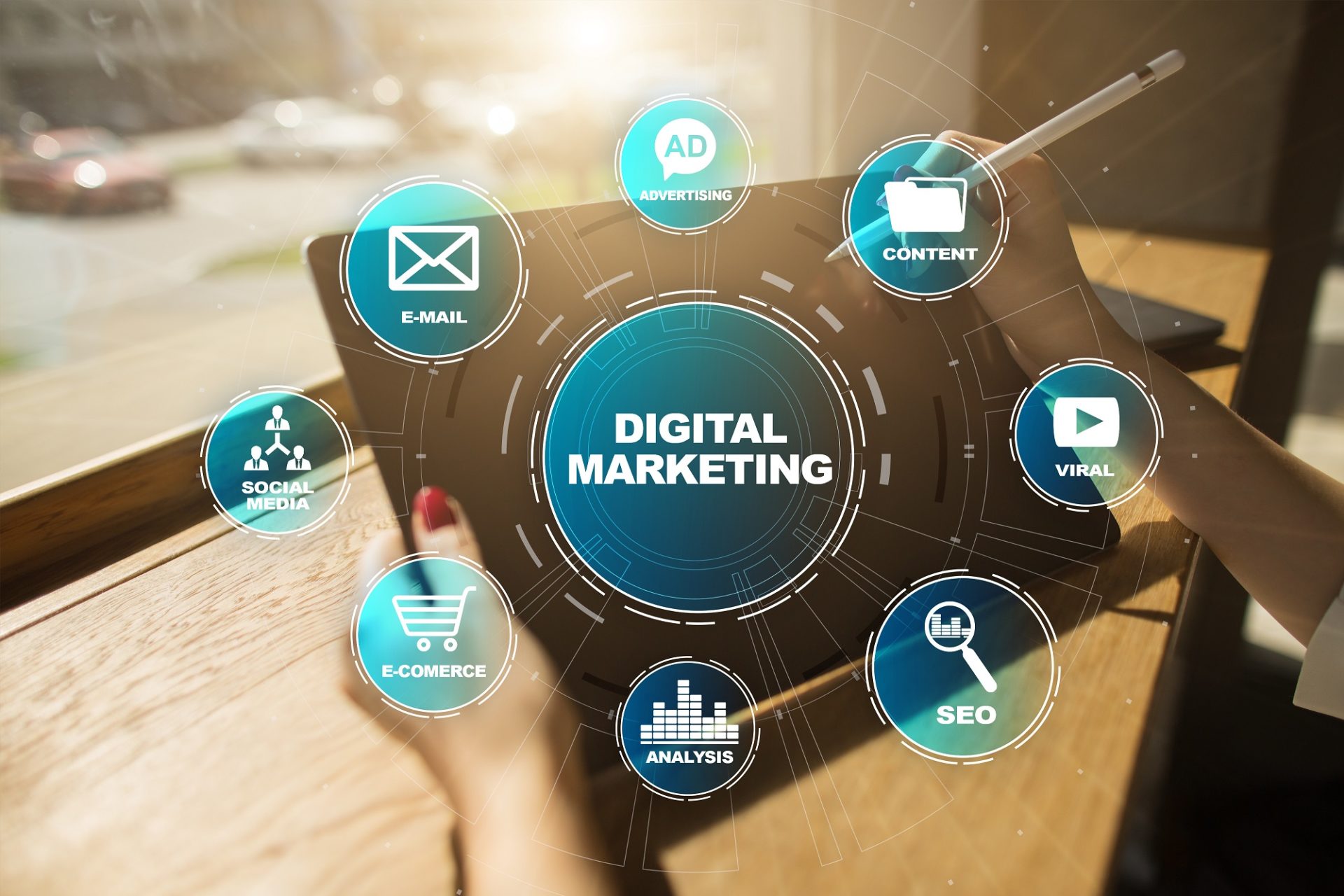What is off page optimization in SEO refers to all the activities performed outside of a website, with the intention of improving its search engine rankings. The difference with on-page SEO is while this one focuses on optimizing elements within the website such as content, HTML structure, and site architecture, off-page SEO deals with strategies to enhance the website’s authority, relevance, and trustworthiness in the eyes of search engines and users, by leveraging external signals. It plays a crucial role in the digital marketing ecosystem and significantly impacts a website’s visibility and organic traffic.
Table of Contents
ToggleWhat is off page optimization in SEO ?
The definition of what is off page optimization in SEO is often misunderstood as just link building. While backlinks form a core part of off-page optimization, the concept extends far beyond that. It encompasses social media marketing, influencer outreach, content marketing, brand mentions, online reputation management, forum participation, local search engine optimization, and more. The primary goal of off-page SEO is to create a strong, reputable digital presence that demonstrates to search engines that a website is credible and deserves to rank higher in search engine results pages (SERPs).
Search engines like Google use complex algorithms to determine the rankings of websites, and signals are among the most important ranking factors of what is off page optimization in SEO. These include the number and quality of backlinks, social signals such as likes and shares, brand mentions, and the overall perception of a website across the web. When a website is referenced by other reputable sites, it gains authority. When users share content from a site or mention it positively in reviews, forums, or social media, search engines interpret these as votes of confidence that help the site’s reputation and credibility, ultimately affecting its search rankings.
To deeply understand what is off page optimization in SEO, it is helpful to first explore the nature of backlinks, which are links from one website to another. Not all of these are created equal. Hyperlinks from high-authority websites carry more weight than those from low-quality or irrelevant sites. Search engines assess the quality of a backlink based on several factors, including the authority of the linking domain, the relevance of the linking content, the placement of the link, and whether it is dofollow or nofollow. The first type pass SEO value, while nofollow links, although they do not directly contribute to rankings, can still bring traffic and enhance visibility.
The anchor text used in backlinks also plays a role in what is off page optimization in SEO. It is the clickable text in a hyperlink, and it should be relevant to the content of the linked page. Over-optimization of anchor text with exact match keywords can lead to penalties, so a natural and varied anchor text profile is preferred. Another important aspect is the diversity of backlinks. A healthy backlink profile consists of links from a variety of domains, IP addresses, and content types, such as blogs, news articles, directories, and forums.
Backlink acquisition strategies vary widely, and some of the most effective in what is off page optimization in SEO include guest posting, broken link building, content marketing, influencer outreach, and digital PR. Guest posting involves writing articles for other websites in exchange for a backlink. This approach not only builds backlinks but also exposes your brand to a wider audience. Broken link building involves finding broken links on other websites, identifying what they used to point to, and suggesting your content as a replacement.
Content marketing focuses on creating high-quality, shareable content that naturally earns backlinks over time. Influencer outreach entails collaborating with industry influencers to promote your content or website, often resulting in backlinks, mentions, and increased traffic. Digital PR involves creating newsworthy stories or data that get covered by journalists and media outlets, generating powerful backlinks from authoritative sources.
Social media marketing is another vital component in what is off page optimization in SEO. While social media links are usually nofollow and may not directly contribute to search rankings, the visibility and engagement they bring can indirectly influence SEO performance. When a piece of content goes viral or gains significant traction on platforms like Facebook, Twitter, LinkedIn, or Instagram, it increases the chances of earning organic backlinks.
Moreover, social media platforms are essential for brand building and audience engagement. A strong social presence enhances brand recognition, customer loyalty, and trust, which are important intangible assets in the SEO ecosystem.
Brand mentions, both linked and unlinked, are increasingly recognized by search engines as indicators of authority and trust in what is off page optimization in SEO. A brand mention is any instance where your business or website is referenced online, regardless of whether it includes a clickable link. Search engines are becoming more sophisticated in detecting and interpreting these mentions as signals of credibility. Encouraging positive reviews, participating in relevant forums, engaging in Q&A sites like Quora, and being active in online communities can all contribute to a broader brand presence and more frequent mentions.
Online reputation management is also closely tied to what is off page optimization in SEO. Your website’s reputation across the web influences how search engines perceive your trustworthiness. Negative reviews, unfavorable press, or association with spammy sites can hurt your SEO performance. Monitoring your brand mentions, responding to customer feedback, addressing complaints promptly, and maintaining transparency are essential practices for sustaining a positive online reputation. Tools like Google Alerts, Mention, and various reputation management platforms can help track and manage your online image effectively.
The local aspect of what is off page optimization in SEO forms a specific subcategory, particularly important for businesses with a physical presence or regional customer base. It involves optimizing your Google Business Profile, ensuring consistency of name, address, and phone number across local directories, earning reviews on platforms like Google, Yelp, as well as TripAdvisor, and participating in local forums or community events. Local citations, which are mentions of your business in online directories, play a vital role in improving local search visibility. The quantity, quality, and consistency of these citations contribute to your local search rankings.
Another strategy of what is off page optimization in SEO is participating in communities and discussions relevant to your niche. Forums, discussion boards, Reddit, and Q&A sites provide opportunities to showcase expertise, build relationships, and subtly promote your website. The key here is authenticity and value addition. Spamming links can get you penalized, while thoughtful, well-articulated contributions can attract attention and backlinks.
Podcasting, webinars, and interviews are additional tactics, gaining popularity in what is off page optimization in SEO. Being featured on a podcast or hosting one can position you as an industry thought leader, extend your reach, and often result in backlinks from podcast show notes, host websites, and listeners who share your content. Similarly, participating in or hosting webinars and being interviewed by bloggers or journalists can create opportunities for inbound links and increased brand recognition.
Content syndication is another method used in what is off page optimization in SEO. This involves republishing content on third-party sites with attribution to the original source. While duplicate content is a concern in SEO, properly syndicated content using canonical tags or attribution links can still help with exposure and backlink acquisition without causing duplicate content issues.
Influencer marketing continues to be an integral part of what is off page optimization in SEO. Collaborating with influencers who have a strong online following can significantly amplify your reach. When these share your content or talk about your brand, their followers take notice, and the likelihood of gaining backlinks, traffic, and mentions increases. The trust that influencers have with their audience can be transferred to your brand, enhancing your authority and reputation.
Content marketing and off-page SEO are deeply interconnected. Creating valuable, engaging, and original content not only helps with on-page SEO but also encourages others to reference and link to your content. Long-form guides, infographics, research papers, white papers, videos, and interactive tools are examples of content formats that naturally attract backlinks. A well-executed content marketing strategy serves as the foundation for most off-page efforts.
Moreover, domain and page authority, as metrics developed by third-party tools like Moz, are often used to gauge the effectiveness of what is off page optimization in SEO. These metrics estimate how likely a domain or specific page is to rank in search engines, based largely on link profile and other off-page signals. Although not used directly by Google, they offer useful benchmarks for SEO practitioners to track progress and evaluate link-building campaigns.
Search engine algorithms are constantly evolving, and manipulative link-building practices that once worked, such as link farms, spammy directories, and private blog networks, are now heavily penalized. Google’s algorithm updates like Penguin specifically targeted unnatural link-building practices, placing a stronger emphasis on organic, high-quality link acquisition. Ethical, SEO techniques that focus on value creation, relationship building, and authenticity are not only safer but also more sustainable in the long run.
Trustworthiness, expertise, and authoritativeness are crucial elements in the success of what is off page optimization in SEO. When third-party sites, social platforms, and online communities recognize your expertise and value, it reflects positively in your search engine visibility. Off-page SEO efforts, when aligned with demonstrating real-world expertise and cultivating trust, help build an SEO-friendly brand identity.
What is off page optimization in SEO consists of a multifaceted discipline that encompasses much more than just link building. It involves a comprehensive strategy aimed at building a strong, credible, and influential digital presence. By earning quality backlinks, generating brand mentions, engaging in social and community platforms, managing your online reputation, leveraging content marketing, and collaborating with influencers as well as authoritative figures, you create a web of trust and authority around your site. This in turn signals to search engines that your site is valuable and worthy of higher rankings.
What is off page optimization in SEO requires time, consistency, and a genuine approach to relationship-building and content promotion. It is not about manipulating the system but about proving your website’s worth to users and search engines alike. As the internet grows increasingly interconnected, the significance of off-page SEO will continue to rise, making it a fundamental part of any successful long-term digital marketing and SEO strategy.
One critical component in understanding off-page SEO is staying informed about search engine algorithm updates. Google, the dominant search engine, frequently updates its algorithms to refine how it ranks content. Major updates such as Penguin, Panda, Hummingbird, and the Helpful Content Update have significantly influenced how off-page factors are evaluated. Penguin, in particular, was a game changer for off-page SEO, as it targeted websites engaging in manipulative link-building tactics, including buying links or participating in link schemes.
Sites that had previously ranked through sheer volume of low-quality backlinks saw dramatic losses in visibility. Since then, SEO practitioners have shifted their focus toward acquiring natural, editorially-given links that genuinely reflect the value of a website’s content.
Post-Penguin, Google’s emphasis on quality over quantity became clear. This marked a shift in what is off page optimization in SEO, from building links indiscriminately to earning them through merit. The difference between link building and link earning is subtle yet significant. The first implies actively reaching out or creating links, whereas link earning results from others choosing to link to your content because it’s authoritative, useful, or original. Earning links is the gold standard in off-page SEO because it signals authentic value. Search engines consider such links strong endorsements from other web entities.
Another notable development in what is off page optimization in SEO has been the role of user-generated content (UGC) and reviews. With the rise of platforms like Google Reviews, Trustpilot, Yelp, and Amazon, user feedback has become a crucial ranking factor, especially for local businesses. Google’s algorithm increasingly uses sentiment analysis to evaluate brand perception. Positive reviews can enhance trust and local pack visibility, while a pattern of negative reviews may hurt rankings or even trigger manual penalties in extreme cases.
Managing your reviews, through engagement, addressing concerns, and encouraging satisfied customers to share feedback, is thus a vital off-page tactic. Measuring the effectiveness of what is off page optimization in SEO presents its own challenges. Unlike on-page factors, which can be tracked directly within the website’s analytics, off-page efforts often produce indirect or long-term results. However, there are several key metrics and tools that can help evaluate performance.
Domain Rating (DR) from Ahrefs, Moz’s Domain Authority (DA), Majestic’s Trust Flow (TF), and spam scores provide a macro-level view of a site’s perceived authority. Additionally, monitoring backlink acquisition using tools like Ahrefs, SEMrush, Majestic, or Google Search Console helps assess link-building campaigns’ impact.
Another important metric in what is off page optimization in SEO is referral traffic, which indicates how many users are visiting your website via external links. High referral traffic from authoritative domains is a positive signal. Similarly, tracking social media engagement, such as shares, mentions, and traffic from social platforms, can offer insights into the broader impact of off-page content distribution efforts. Brand search volume, which is how often users search for your brand name, is another useful indicator of increasing brand awareness and visibility, often driven by successful off-page strategies.
Risk management is an often-overlooked but crucial aspect of what is off page optimization in SEO. Acquiring the wrong kinds of backlinks, such as those from spammy directories, link farms, or irrelevant sites, can lead to penalties that severely impact rankings. Google’s Disavow Tool provides a mechanism for webmasters to distance themselves from toxic backlinks, but this should be used with caution. The best defense against risky links is a proactive strategy that prioritizes quality content and ethical outreach. Monitoring regularly and conducting periodic audits can help catch and eliminate potential threats before they escalate into serious issues.
Aspects of search engine optimization should not function in isolation. The most successful strategies of what is off page optimization in SEO are those integrated into a holistic digital marketing approach. Content marketing, social media, public relations, branding, and even paid media can contribute to off-page optimization. For example, a well-coordinated PR campaign can lead to high-quality media coverage and authoritative backlinks.
Similarly, investing in high-quality video content on YouTube can lead to more backlinks and embeds, indirectly boosting your SEO. When content marketing is aligned with search engine optimization objectives, the chances of earning backlinks naturally increase.
Email outreach is another underutilized but effective tactic in what is off page optimization in SEO. Reaching out to industry bloggers, editors, and influencers with personalized, value-driven pitches can lead to backlinks, collaborations, or content shares. This approach requires tact and strategy. Mass, impersonal outreach is rarely effective. The best outreach emails are tailored, reference the recipient’s work, and clearly explain the mutual benefit.
As voice search and AI-powered assistants grow in popularity, optimizing what is off page optimization in SEO for featured snippets and zero-click results becomes important. Although these elements primarily relate to on-page optimization, they’re heavily influenced by off-page factors such as domain authority and backlink profile. Earning backlinks from high-quality sources increases your chances of being cited in snippets or being chosen by voice assistants as a credible source.
The growing use of AI and machine learning (ML) in algorithms also means that search engines are getting better at understanding the context and semantics of web content. This makes relevance and topical authority more important than ever. A website that receives backlinks from a diverse range of sources within its niche is seen as a topical authority, which improves its rankings across related keywords. This concept, known as topical relevance, underscores the importance of targeting link-building efforts within your specific industry rather than chasing high-authority links from unrelated domains.
Looking to the future of what is off page optimization in SEO, this aspect is expected to evolve in several directions. One trend is the increasing importance of digital PR and content placements on authoritative websites. As traditional link-building becomes less effective, storytelling and newsworthiness will be the new vehicles for earning high-value links. Another emerging trend is the use of branded search as a ranking factor. As users become more brand-aware, search engines will favor brands that users actively seek out, signifying trust and recognition.
There’s also a movement toward entity-base in what is off page optimization in SEO, where search engines focus more on entities such as brands, people, organizations rather than just keywords. In this context, off-page SEO becomes about shaping the digital footprint of an entity. Structured data, schema markup, and consistent information across directories all contribute to how entities are understood and ranked. Wikipedia pages, Wikidata entries, and knowledge panel appearances are valuable off-page assets that enhance an entity’s visibility.
Moreover, user engagement metrics such as click-through rate (CTR), dwell time, and bounce rate, while not strictly off-page, are influenced by external content promotion and link placement. A backlink from a well-matched source with highly engaged users can lead to longer sessions and lower bounce rates, signaling to search engines that the traffic is high-quality and relevant. This is why relevance in link building is just as important in what is off page optimization in SEO as authority.
The rise of privacy regulations such as GDPR and the deprecation of third-party cookies will also impact how marketers track and analyze off-page activity. There will be a greater emphasis on first-party data and contextual targeting, meaning brands will need to invest more in building loyal communities and direct relationships with users through newsletters, exclusive content, and user-centric platforms.
Off-page SEO is an indispensable part of a comprehensive strategy of search engine optimization. It encompasses a wide array of tactics aimed at enhancing a website’s authority, trust, and relevance through external validation and engagement. While backlinks remain a foundational element, the scope of what is off page optimization in SEO has expanded to include social signals, brand mentions, online reputation, influencer relationships, and content syndication.
It’s a long-term investment that requires consistency, authenticity, and alignment with broader marketing goals. As search engines become more sophisticated, success in off-page SEO will depend less on manipulation and more on genuine value creation, strategic outreach, and sustained brand building across the digital landscape.
At A Glance
What is off page optimization in SEO?
Off-page optimization refers to actions taken outside your website to improve search rankings. It goes beyond link building, including social media marketing, influencer outreach, brand mentions, content marketing, online reputation management, and local SEO to enhance a site’s authority, trust, and relevance.Why is off-page SEO important?
It signals to search engines that your site is credible and valuable, helping it rank higher in search results. Quality backlinks, brand mentions, and positive online perception directly boost visibility and organic traffic.What are effective strategies in off-page SEO?
Key tactics include guest posting, influencer collaborations, digital PR, high-quality content creation, social media engagement, local directory listings, and managing brand reputation to attract authoritative, relevant backlinks and mentions.








